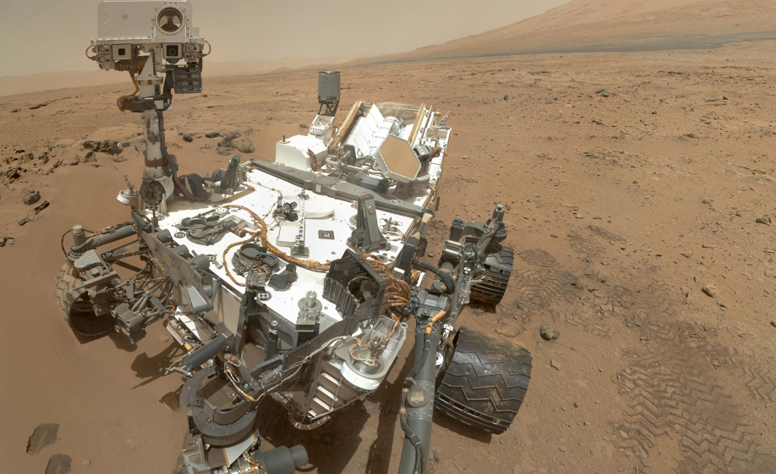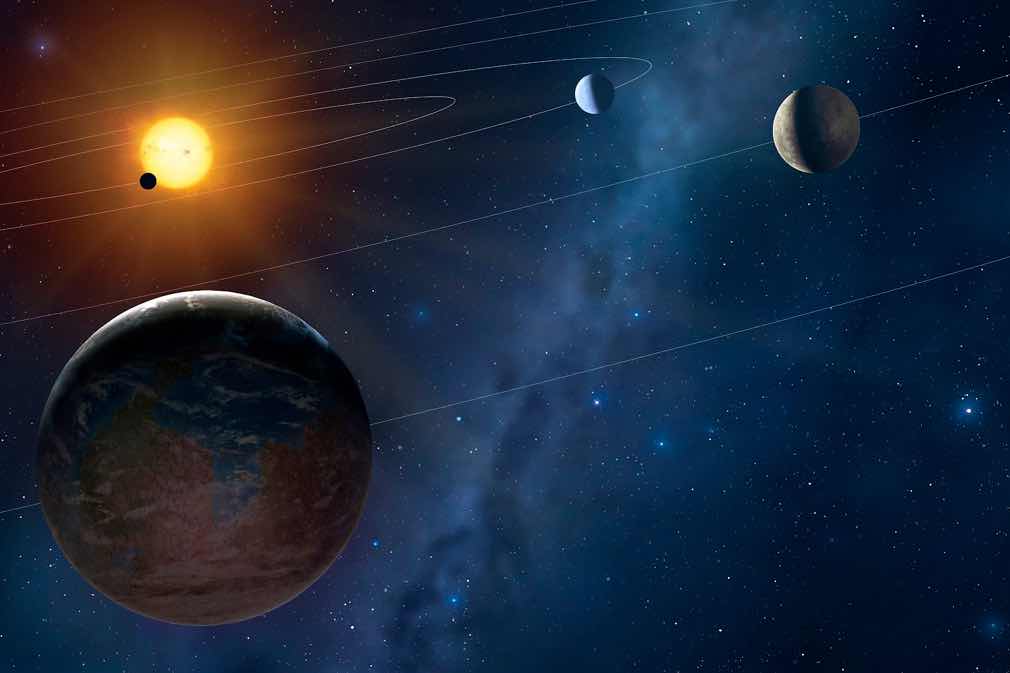Manuscripts by astronomer Kepler show that he ‘may have practiced alchemy’
01/04/2020 / By Arsenio Toledo

Researchers studying Johannes Kepler’s manuscripts believe they found evidence that suggests that the famous German astronomer may have been a practitioner of alchemy, the protoscientific tradition famous for its obsession with turning “base metals” like lead into “noble metals” like gold and silver.
Kepler lived in the late 16th to the early 17th centuries, and is known as an astronomer, astrologer and a mathematician. He is best known in the scientific community for his three laws of planetary motion, which outlined his theories on how the planets revolved around the sun. These are now known as Kepler’s laws. (Related: Flat Earthers strike out again by failing to grasp the phenomenon of gravity, elliptical orbits and acceleration.)
The team of researchers, led by Gleb Zilberstein, a biotechnologist, and Pier Giorgio Righetti, a chemist, studied Kepler’s old manuscripts and found traces of metals associated with alchemy on the pages of a text about the moon, cataloged as “Hipparchus.” An analysis of these pages, the full text of which was published in the analytical chemistry journal Talanta, found high levels of metals such as lead, silver, gold and mercury.
Influence of a friend
Zilberstein, Righetti and their team suggest in their study that Kepler may have learned the “pseudo-chemical science” from his colleague, the Danish astronomer Tycho Brahe, an astronomer known for his writings about his planetary and astronomical observations. Kepler had previously worked with Brahe in Prague in the court of the Holy Roman Emperor Rudolf II, who was, like Brahe, also a firm devotee of alchemy.
In fact, when Brahe’s body was exhumed, an analysis of his hair found that they contained traces of gold “up to 100 times higher than in a normal person today.”
The researchers said that because of Kepler’s close relationship with Brahe it is highly likely that the latter’s passion for alchemy was transmitted to Kepler. “It was likely he was willing to get his hands dirty, as judged from the high levels of ‘classical metals’ used in this field on all pages of his manuscript ‘Hipparchus.” Further analysis also found that the sleeves of Kepler’s garments were also contaminated by these metals.
The researchers point out that during Kepler’s lifetime, alchemy was still a popular “science.” The scientific adviser to Queen Elizabeth I of England, John Dee, was an alchemist, and Brahe himself had built an alchemical laboratory on the small Swedish island of Ven.
Examining a person’s life through chemistry
Zilberstein had previously found traces of kidney disease on the manuscripts of Mikhail Bulgakov, a Russian doctor and playwright. He had also analysed a letter of George Orwell and suggested that the author may have contracted tuberculosis while at a Spanish hospital. In an interview, Zilberstein said that examining texts such as manuscripts and letters with analytical chemistry can reveal “information about what a person was eating, what this person was ill with, what medicines he used, what atmosphere he lived in.”
Zilberstein went on to say how important it was to revisit the legacy of people like Kepler to understand history. The manuscripts they left behind “are filled with amazing drawings and traces from the person who created them.” Fortunately for Kepler, his legacy lives on. Several asteroids and craters on both the moon and Mars have been named after his and NASA launched a space telescope bearing his name in 2009. This telescope was responsible for discovering over 2,300 exoplanets, many of which now bear the late astronomer’s name.
Kepler died after a fever at the age of 53. Unfortunately for Zilberstein and his team, the astronomer’s remains are nowhere to be found, and therefore no part of his body can be tested for alchemical residues.
Sources include:
Tagged Under: alchemy, analytical chemistry, astronomy, Brahe, Chemistry, Johannes Kepler, Kepler, Kepler's laws, outer space, real history, research, scientists, Tycho Brahe, weird science
RECENT NEWS & ARTICLES
Physics.News is a fact-based public education website published by Physics News Features, LLC.
All content copyright © 2018 by Physics News Features, LLC.
Contact Us with Tips or Corrections
All trademarks, registered trademarks and servicemarks mentioned on this site are the property of their respective owners.



















